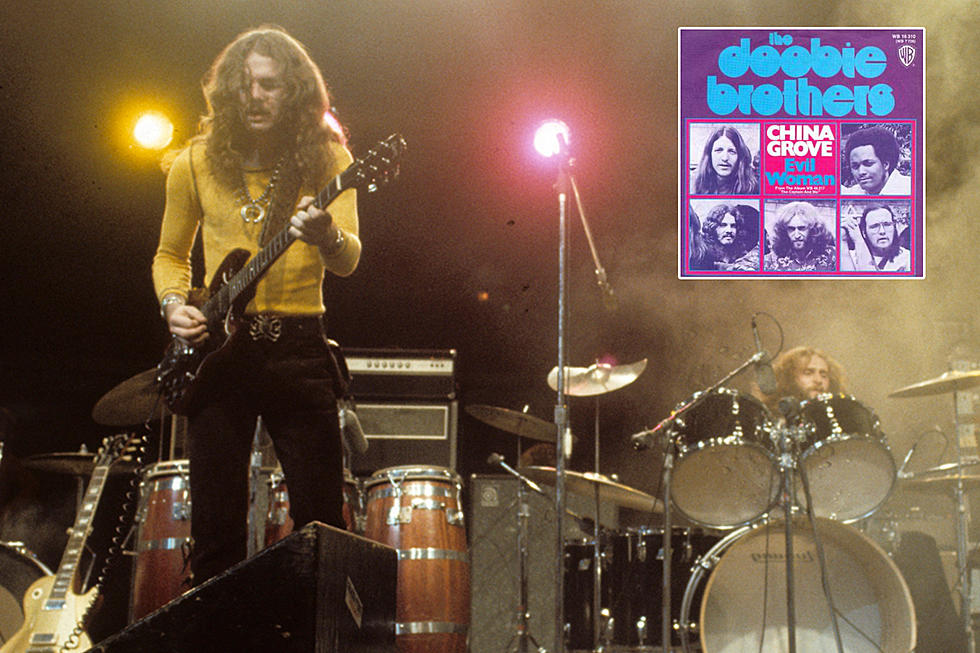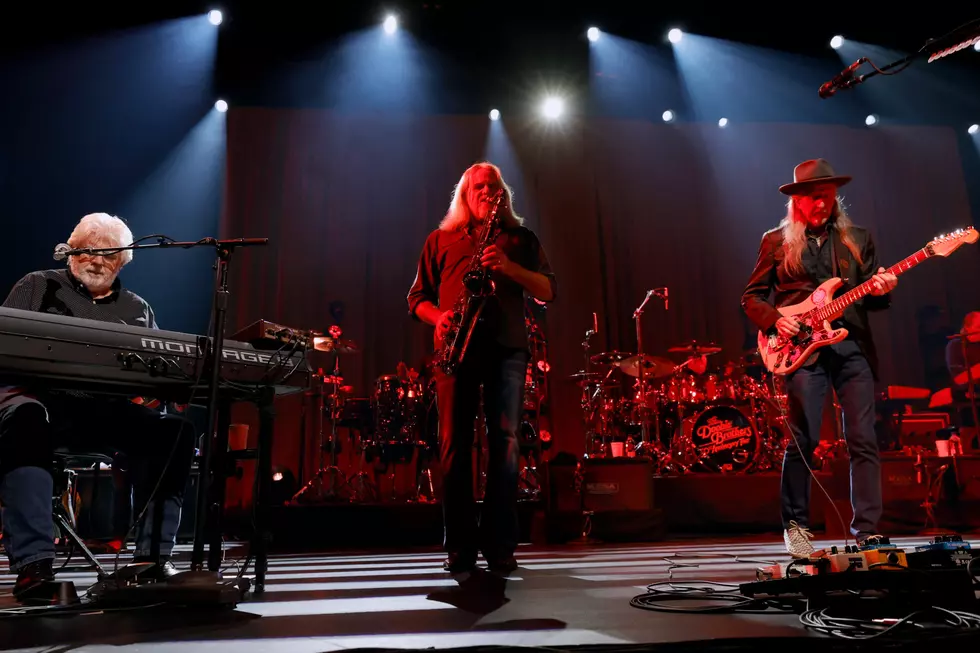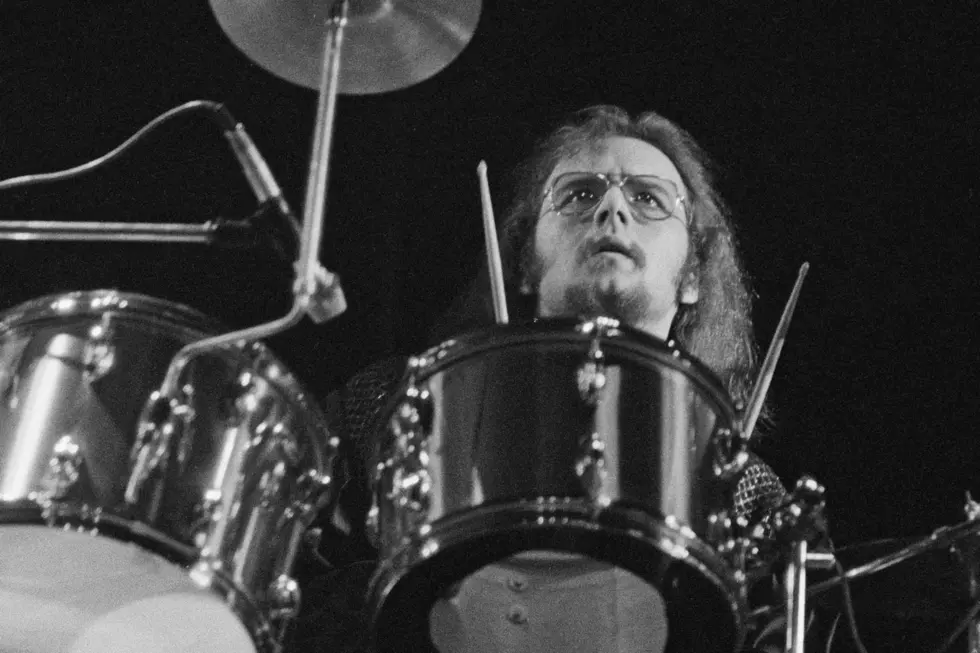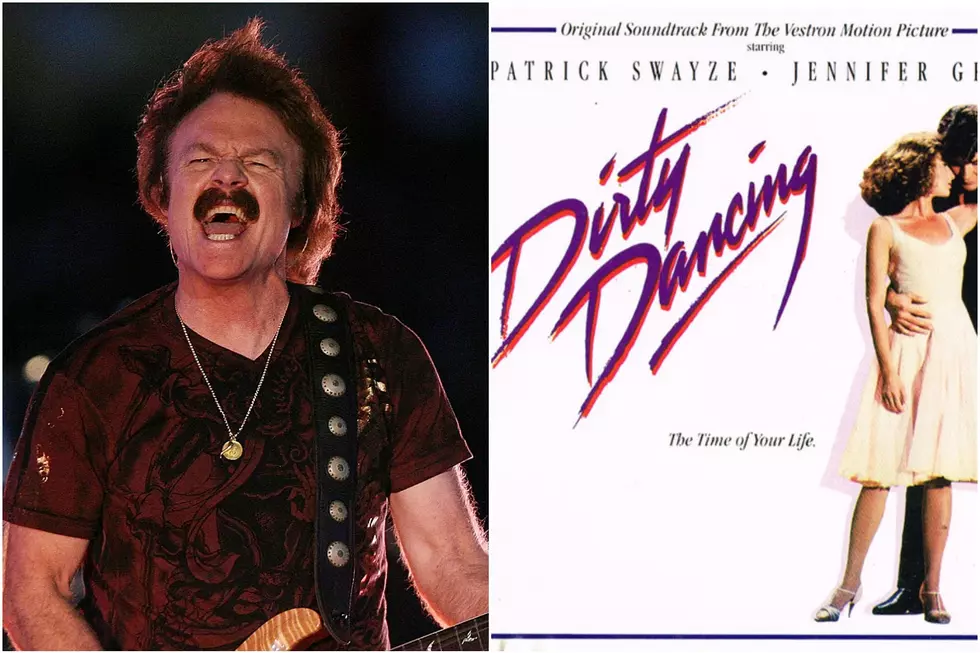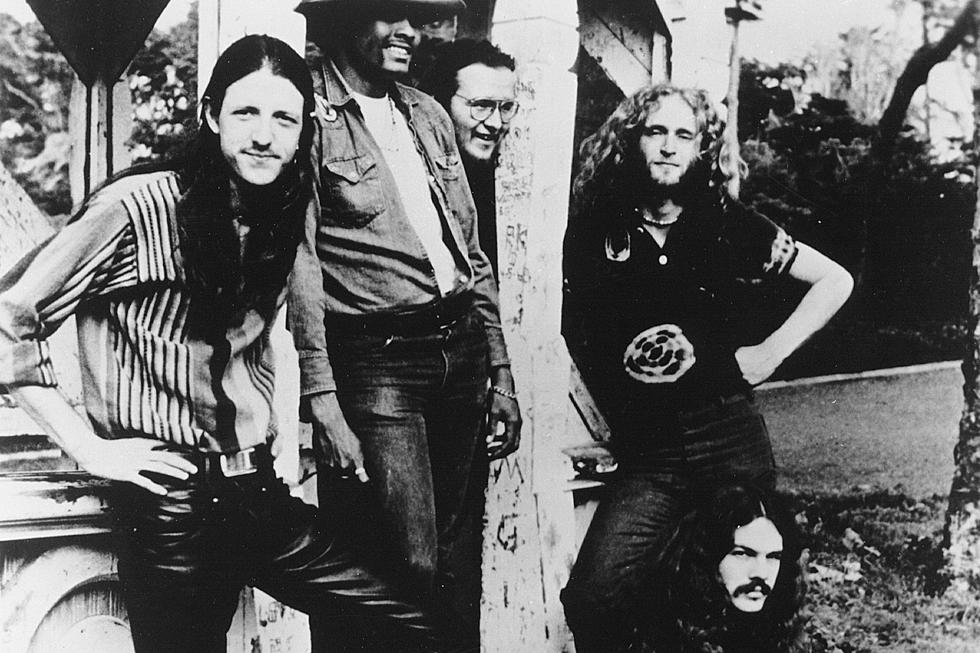
How the Doobie Brothers’ Self-Titled Debut Showed Their Potential
The Doobie Brothers released their debut album in April 1971, launching a recording career that led to the Rock & Roll Hall of Fame decades later.
The Bay Area band got its start in 1969, when Moby Grape co-founder Skip Spence introduced drummer John Hartman to guitarist Tom Johnston. Hartman had come to California in the hopes of joining a band with Spence, but he hit it off with Johnston – and the duo formed the nucleus of a power trio they dubbed Pud.
Pud's pivotal turning point came with the introduction of guitarist and singer Patrick Simmons, whose fingerstyle playing complemented Johnston's R&B-influenced approach. With the addition of bassist Dave Shogren, the band's metamorphosis into the combo millions would one day know as the Doobie Brothers was more or less complete.
Setting a pattern they'd follow for essentially the duration of their career, the Doobies developed a local reputation as a hungry — and increasingly popular — live act, soon drawing a steady following among Bay Area bikers who heard their lifestyle tunefully reflected in the band's uptempo, guitar-based sound. Still, as tight as they might have been on stage, they didn't know much about the studio.
"When we did the first album, we’d never really been together as a group at all," Simmons later told Sounds. "We were all old friends and we just got high in the studios. We hadn’t planned on making an album at all, but the demos came out so good that we decided to send them into Warner Bros. – and they liked them."
Listen to the Doobie Brothers Perform 'Nobody'
That innocence was reflected in The Doobie Brothers, which consisted largely of Johnston compositions, a handful of Simmons songs and a cover of Randy Newman's "Beehive State" thrown in for good measure. Like many debut offerings, the LP captures a band in the process of developing its sound.
Looking back, it's easy to understand why Warner Bros. responded to the Doobie Brothers' demos — but it's also impossible not to hear all the ways in which the group would deepen and refine its technique over the years to follow.
Unfortunately for the Doobies at the time, few people heard The Doobie Brothers at all; the album failed to chart, and as they limped home from a sparsely attended tour, they wondered whether the record's lack of commercial success represented a first step or the end of the road. They'd face a further setback when Shogren quit the band after sessions started for their second LP.
As they'd do so often over the course of their career, the Doobie Brothers simply adjusted course, replacing Shogren with Simmons' former bandmate Tiran Porter while adding second drummer Michael Hossack to play alongside Hartman. That season of change fed into 1972's Toulouse Street, the record that started the Doobies' rise to stardom.
"Today, the first time out of the box, if you don't have a hit, you're gone. And if you have a hit and don't follow it with another hit, you're gone. And those days, you could have a whole album that stiffed — which we did," Johnston told Songfacts. "But the label believed in the band, and they believed that we would eventually come up with something that would happen, and stuck behind us, gave us some money to make the records. And consequently it all paid off."
44 Famous Records You Probably Didn't Realize Were Covers
More From Ultimate Classic Rock


